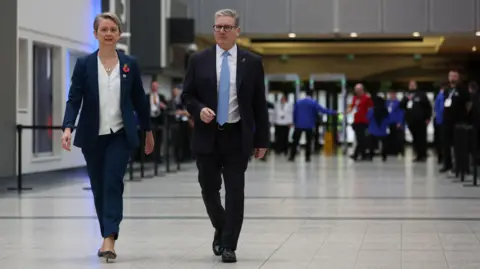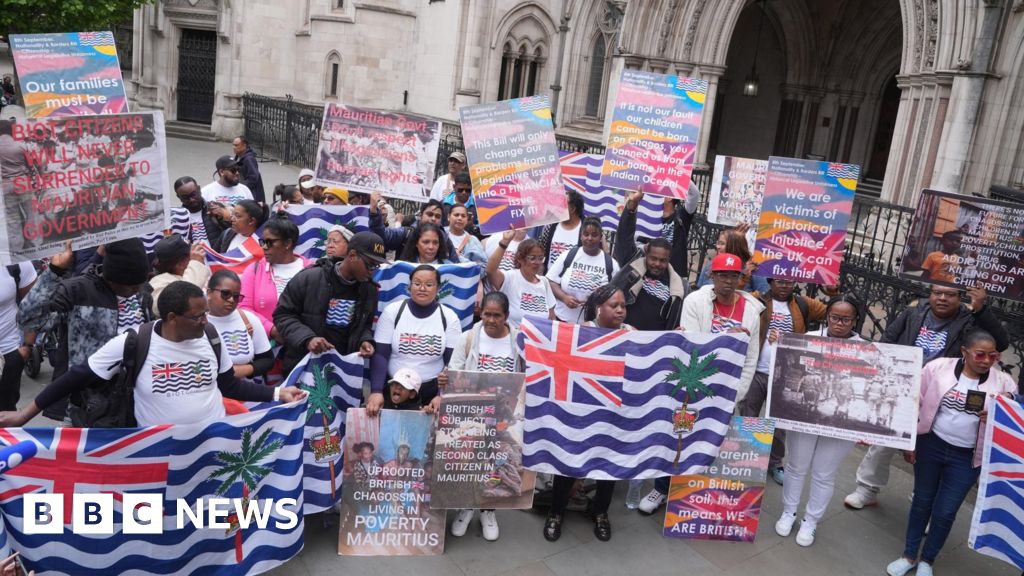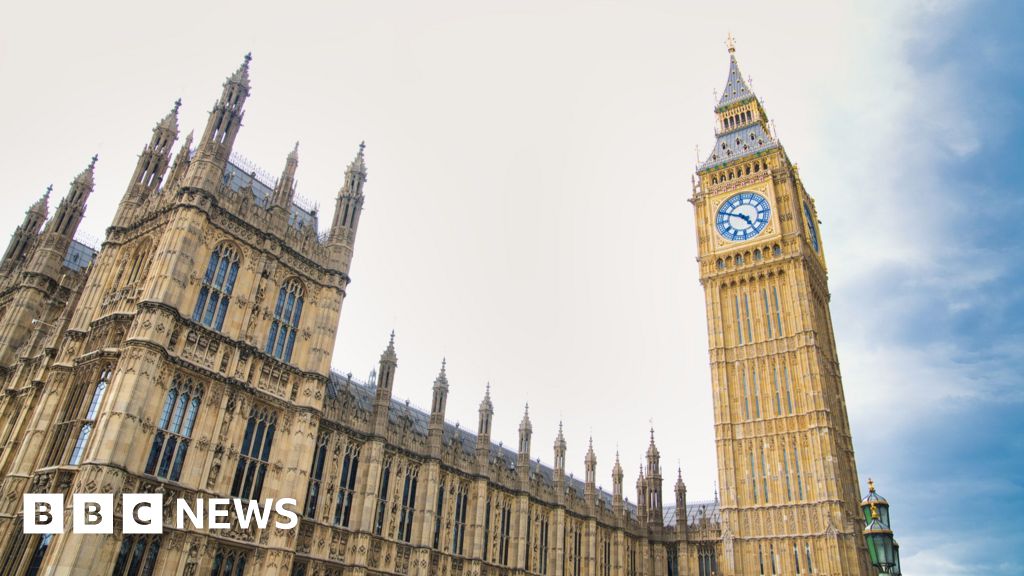ARTICLE AD BOX

 PA Media
PA Media
Of all of this new government’s big promises, getting economic growth up and immigration down are the two biggies – and their early months in office show just how hard achieving either, let alone both, will be.
Economic growth has been stuttery and half-hearted for ages.
And immigration, both legal and illegal, via small boat crossings, has ballooned in recent years.
Now, Sir Keir Starmer and Home Secretary Yvette Cooper have reached a milestone with a big number attached.
Over the weekend, the number of people who have arrived on small boats since the general election in July exceeded 20,000.
Privately, ministers acknowledge that successfully tackling irregular, illegal migration is absolutely key to how competent or otherwise the government is perceived to be; however fair or otherwise that might be, given the scale of the challenge.
Those pictures of dinghies bobbing around in the Channel are hugely powerful: they represent a geopolitical, diplomatic, humanitarian, economic and political issue all rolled into one.
For some it can be described more bluntly: people breaking into the country, with those with the job of stopping it failing.
As Nick Robinson sets out here after a week of reporting on this for the Today Programme on Radio 4, the huge amount of people desperate to reach the UK and other countries like it is not likely to shrink significantly.
And so the political argument revolves around what can be done to put people off trying.
One thing that does put people off, but politicians have no control over, is the weather.
The boats that are used are incredibly flimsy for a sea journey. I have seen and touched them, when visiting Border Force in Dover. They are made of the same stuff as a bouncy castle.
So it is not surprising that when the weather isn’t great, and in particular when there are plenty of waves, fewer crossings are attempted.
The Home Office classifies each day according to the weather, with those judged to have the most benign conditions on the water called 'red days'.
Between mid October and mid November this year, there was the highest concentration of so-called red days in any month since the big uptick in small boat crossings in 2021.
Of the 31 days between those dates, 26 fell into that category and 6,288 people crossed the Channel.
In the same period last year there were three red days and 768 arrivals.
But expect to see the Conservatives brand this as a ‘dog ate my homework excuse’ or words to that effect.
They will argue that the abandonment of the previous government’s plan to send some migrants to Rwanda has meant the removal of a crucial deterrent to potential crossings.
When Yvette Cooper and the shadow home secretary Chris Philp debate this in the Commons on Monday afternoon, we can expect the Rwanda policy to be a big part of the conversation.
Cooper will attempt to, at least, partially itemise where the £700m spent on the idea went.
She will claim that the cost of the four people who volunteered to go to Rwanda was the equivalent of the total cost of the state education of a single child in England.
The home secretary will instead claim that focused on what is described as the ‘upstream problem’ – where smuggling gangs initially recruit people to make the long journeys to the West – is key.
Last week she was in the Kurdistan region of Iraq to sign a deal to try to tackle the gangs and ensure the speedy return of failed Iraqi asylum seekers.
Philp is expected to argue this deal is thin and the financial commitment is comparable with resurfacing a local road rather than the basis for a game-changing solution.
Many of the arguments will be familiar as will the grapple for plausible, workable solutions - which were out of the grasp of the last government and, while it is early days, appear out of the grasp of the new one too.

 6 months ago
31
6 months ago
31








 English (US) ·
English (US) ·